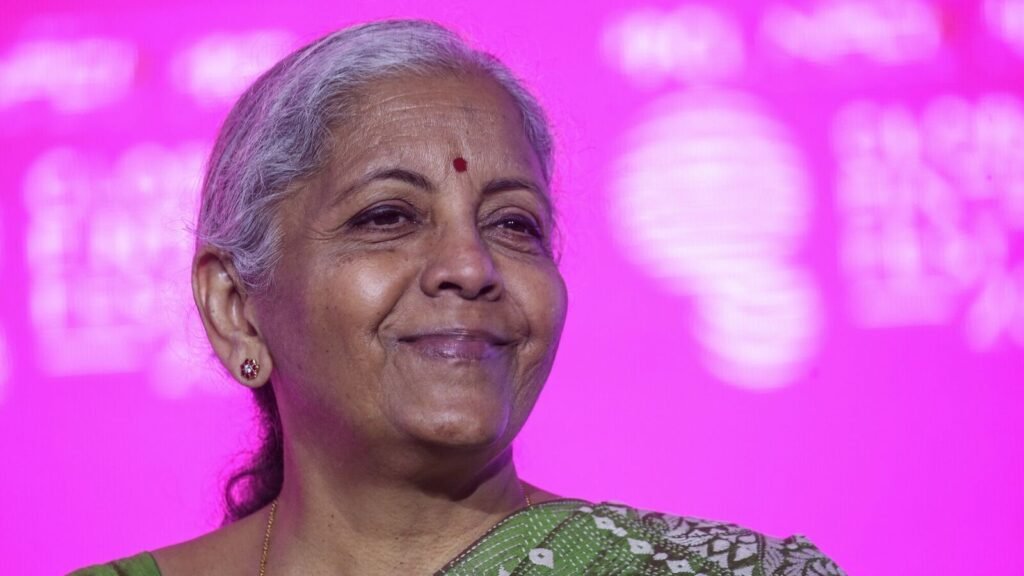Finance minister Nirmala Sitharaman on Friday asked tax officials to redefine their approach to taxpayers and be more prompt, helpful, agile and accountable for building a 21st century India.
Speaking after the opening of the new CGST Bhawan in Ghaziabad, the minister told officials of the indirect tax administration that a new mindset was needed and urged them not to carry the pre-GST era or GST first generation era mindset, and instead have their eyes on a 21st century India. Officials must look into the “acute need for us to work together so that by 2047, India can be a developed country,” she said, stating said a laidback approach will not help the country.
Sitharaman’s message reflects the government’s eagerness to make the investment climate more appealing, as a strong revival in private investments on the back of the Centre’s strong capital expenditure could add more momentum to economic growth as well as to job creation. The government has been consistently signalling to officials to make sure that tax administration should be based on trust and the regulatory framework should be light-touch.
Sitharaman also told officials to be consistently proactive. “Redefine how you engage with the taxpayers, (you) should be more prompt, more facilitative and more accountable.” This is in line with the next generation GST reforms, which the minister said, must feel different to the taxpayer.
“They should feel that they are honourably treated as they are the taxpayers to the nation. If there are bad sheep among taxpayers, follow the protocol to catch hold of them. But don’t look at everybody with suspicion,” the minister told officials of the Central Board of Indirect Taxes and Customs (CBIC).
The statement signals the idea that the tax framework should be designed to facilitate the honest majority, rather than making it complex and prescriptive to pre-empt all conceivable breaches.
The minister said that from 1 November, a simpler GST registration scheme will grant automatic registration within three working days in two cases–applicants whom the system identifies based on data analysis, and those who self-assess that their output tax liability will not exceed ₹2.5 lakh a month.
This reform is expected to benefit 96% of new applicants, Sitharaman said. She also said the GST help centres across the country should be well-staffed, accessible and well-maintained, so that taxpayers will receive timely and quality assistance.
On 22 September, central and state governments rolled out steep GST rate cuts, in a bid to deliver a consumption stimulus to the economy. Citing figures from the Confederation of All India Traders (CAIT), the minister said festive retail sales hit an all-time high of ₹6.05 trillion this year, a 25% increase over last year’s Diwali sales of around ₹4.25 trillion. Of the total, about ₹5.40 trillion was spent on goods and ₹65,000 crore on services, making it the biggest Diwali business in India’s trading history, the minister said.
An official statement issued by the finance ministry said Sitharaman called for greater empathy, greater courtesy and greater integrity on the part of all tax officers.
The minister also said the ultimate goal of reforms is to make life easier for honest taxpayers, and make them feel comfortable about every change being made in the existing statutory framework.




